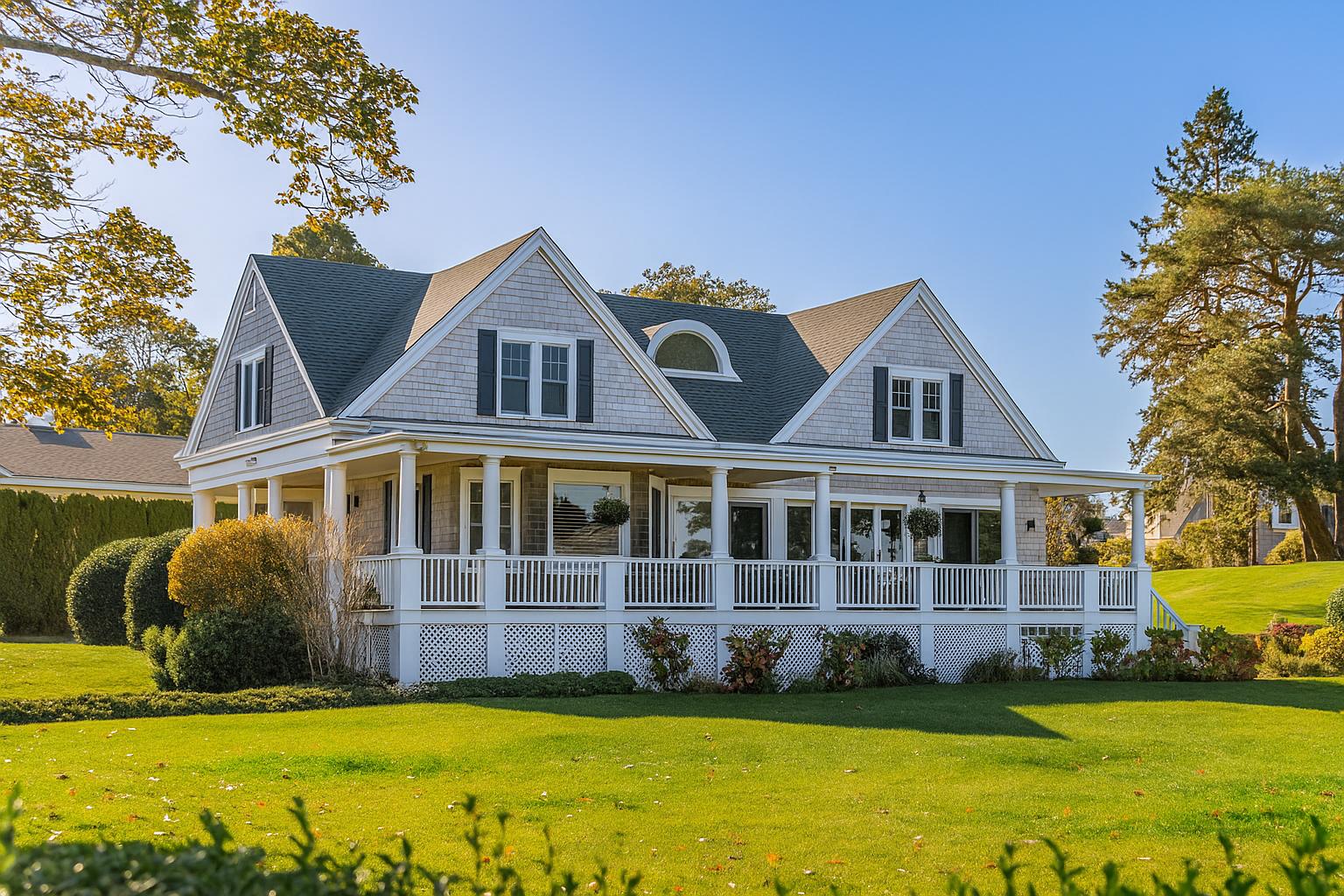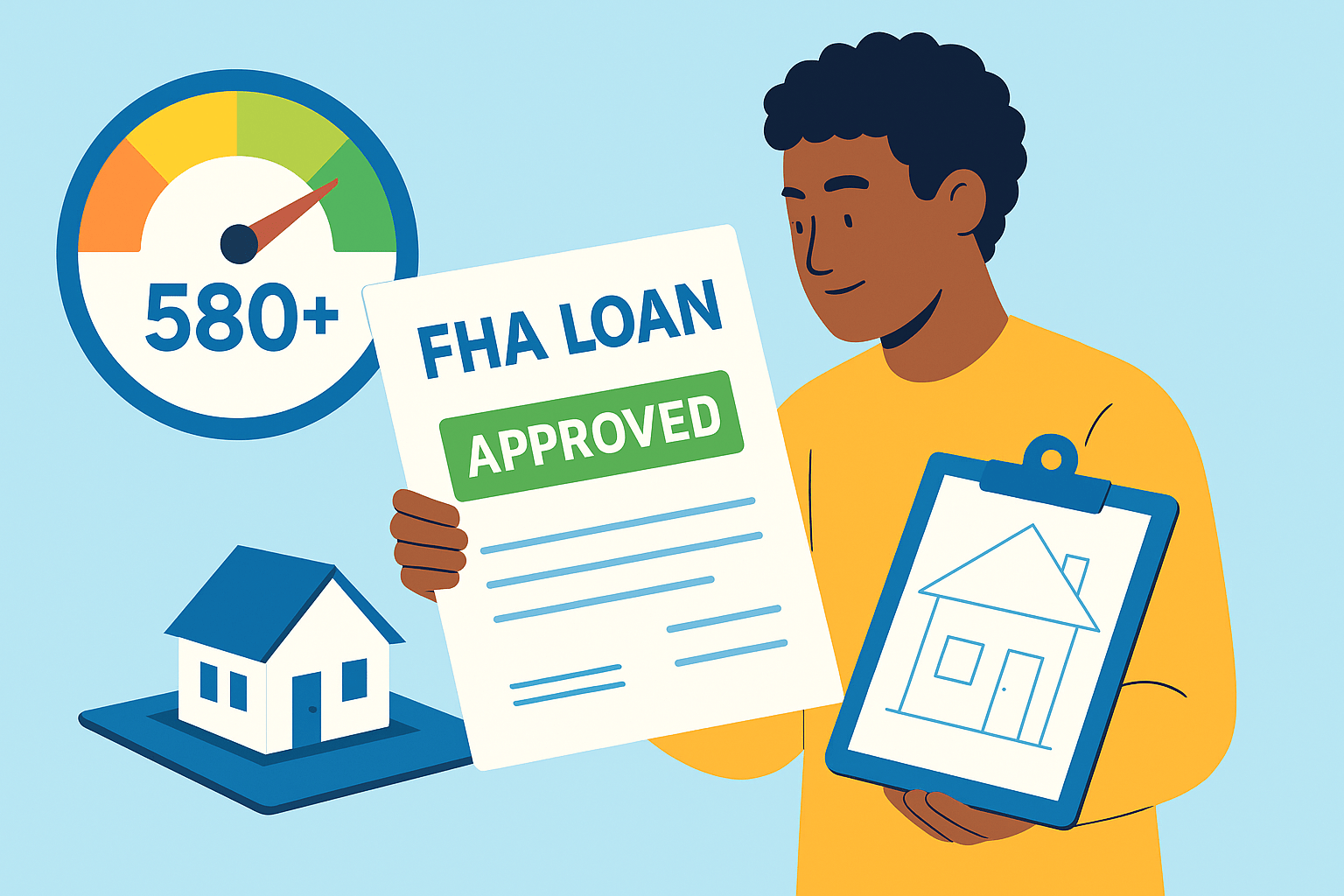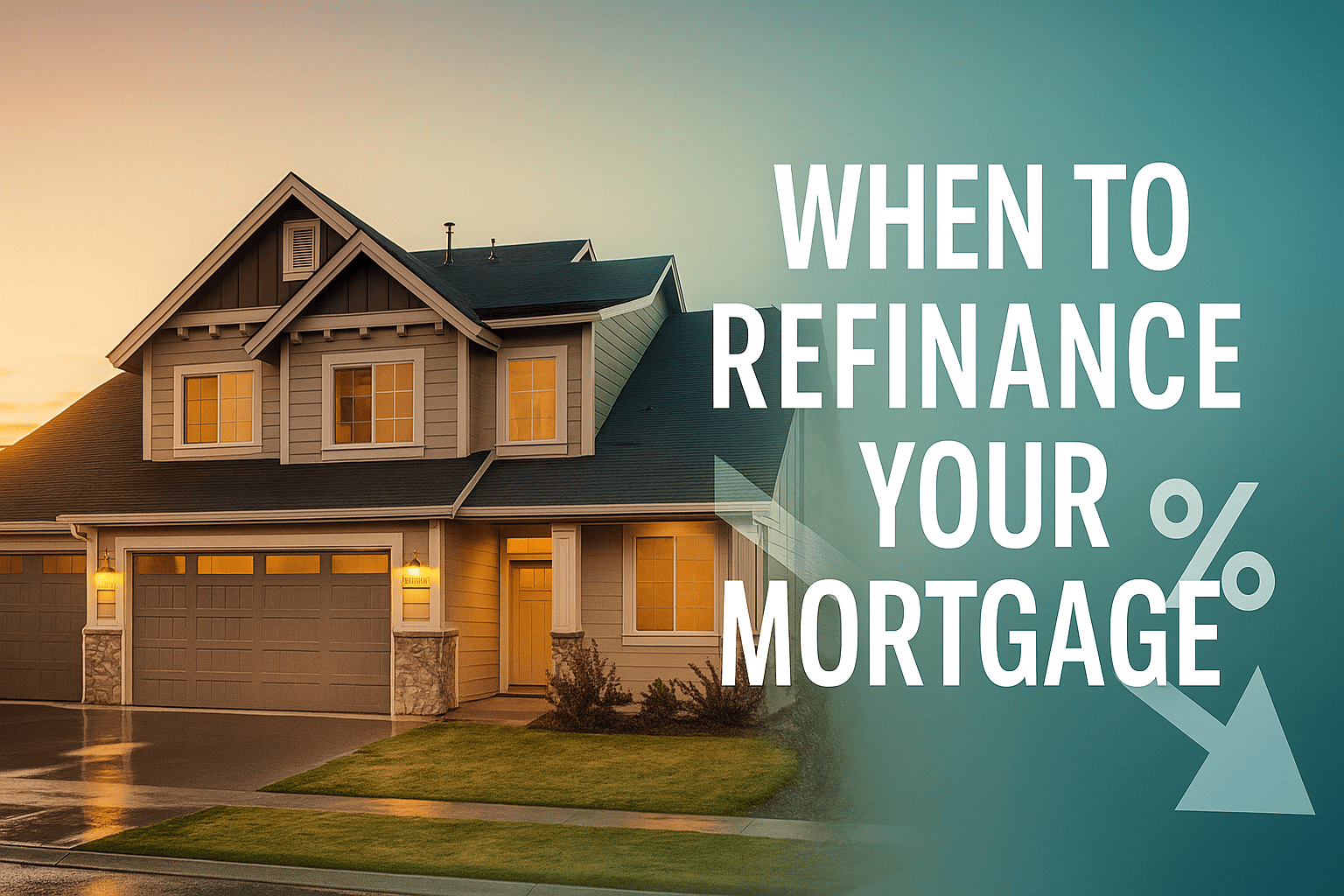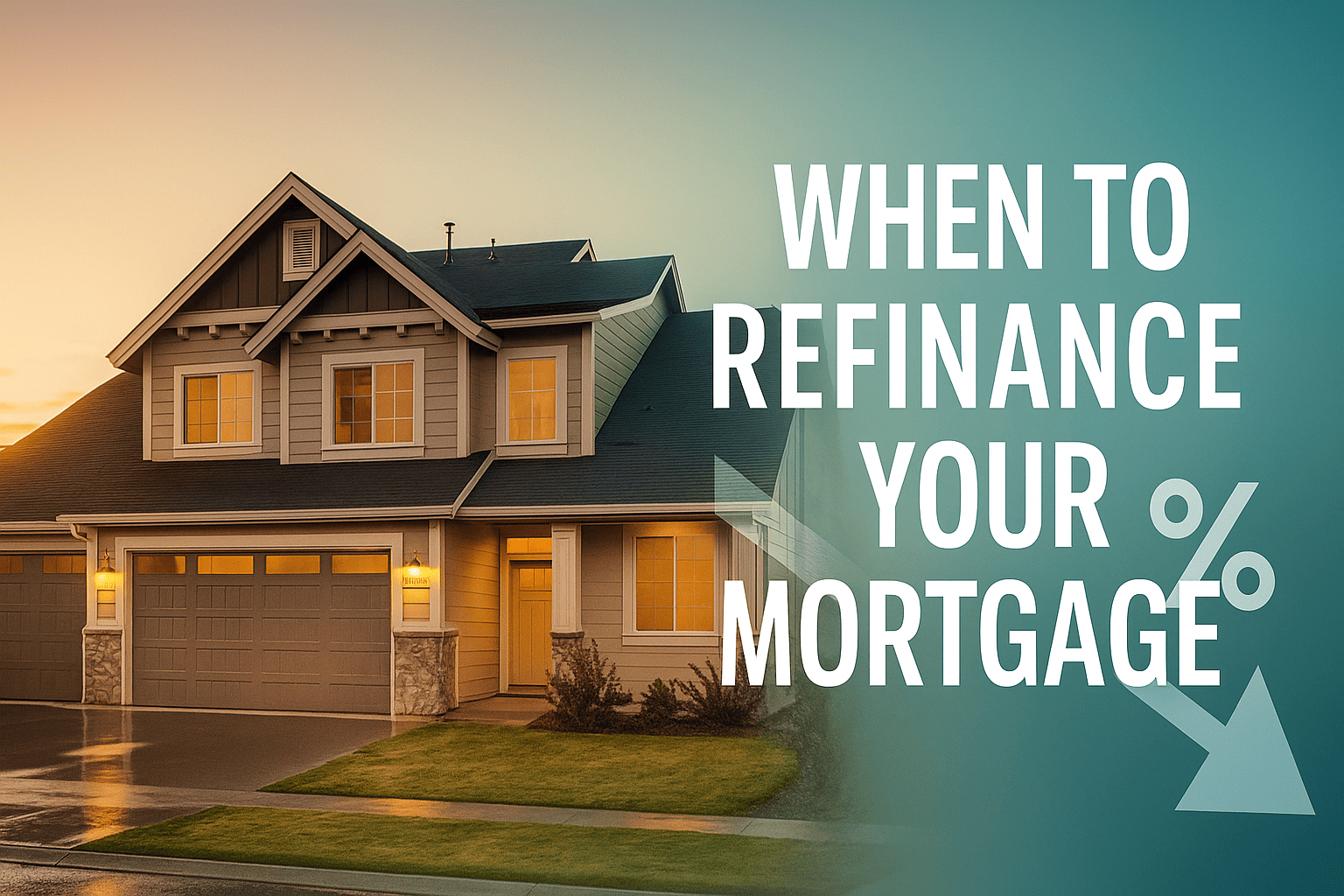Virginia Housing DPA Grant First-Time Homebuyer Assistance Programs
Virginia Housing DPA Grant: Your Key to Homeownership in Virginia
Buying your first home is thrilling—until the down payment walks in and cools the party. The Virginia Housing DPA Grant turns that stumbling block into a stepping-stone by gifting first-time buyers funds they never have to repay. Below you’ll find a practical, hype-free guide that unpacks eligibility, grant amounts, and a proven application path so you can settle into your new Virginia address sooner than you dreamed.
The Down-Payment Dilemma: Why This Grant Matters
Many Virginians earn enough to handle a monthly mortgage, but the lump-sum down payment still feels like climbing Old Rag Mountain in flip-flops. According to census microdata, the median renter in the state saves roughly $250 a month after expenses. At that pace, a 3% down payment on a $320,000 starter home (about $9,600) would take more than three years—before adding closing costs.
That’s where Virginia Housing’s down payment assistance program steps in, handing qualified buyers up to 2–2.5% of the home price. Because the funds arrive as a true grant, not a deferred loan, the balance never shadows you later.
How Does the Virginia Housing DPA Grant Work?
The Virginia Housing DPA Grant couples with a fixed-rate first mortgage originated by an approved lender. Think of the grant as a piggy-back boost: it shows up at closing, covering part or all of the required down payment and sometimes even a slice of your closing costs.
Key Mechanics
- Grant Size: Typically 2% (conventional loans) or 2.5% (FHA, VA, USDA loans) of the home’s purchase price.
- Repayment: None, provided you occupy the home as your primary residence from day one.
- Funding Source: Virginia Housing issues mortgage-backed securities and plows a portion of the revenue into down payment assistance.
- Delivery: Funds arrive at the closing table as a separate line item—no waiting for rebates.
Who Is Eligible for the Virginia Housing DPA Grant?
Eligibility is broader than most buyers expect, yet a handful of rules can make or break your application.
Core Requirements
- First-Time Buyer Status: You have not owned a primary residence in the past three years (military waivers exist).
- Credit Score: 620 minimum for FHA/VA/USDA; 660+ preferred for conventional loans.
- Income Caps: Vary by county; for example, up to $126,700 for a family of four in Richmond metro according to FY23 HUD tables.
- Purchase Price Limits: Typically $425,000–$575,000 depending on location and loan type.
- Homebuyer Education: A free, eight-hour Virginia Housing class (online or in person) must be completed before closing.
Military members, public-service workers, or buyers in certain “target areas” may find relaxed criteria. Check the interactive map on Virginia Housing’s site or ask an approved lender for specifics.
How Much Assistance Can You Receive?
Because the grant is percentage-based, the larger the purchase price, the bigger the check—up to program limits.
Sample Grant Scenarios
| Purchase Price | Loan Program | Grant % | Grant $ |
|---|---|---|---|
| $250,000 | FHA | 2.5% | $6,250 |
| $320,000 | Conventional | 2% | $6,400 |
| $410,000 | VA | 2.5% | $10,250 |
Some lenders let you stack the grant with seller concessions or local initiatives, potentially wiping out all upfront costs. Always ask whether “layering” is allowed for your loan type.
Step-by-Step: How to Apply for the Virginia Housing DPA Grant
Below is a tried-and-tested roadmap distilled from dozens of successful applications.
- Secure Pre-Approval
Choose a Virginia Housing-approved lender and request a pre-approval letter. Mention that you plan to use their DPA Grant so the loan officer structures your file correctly from day one. - Complete Homebuyer Education
Register for the free course early; certificates stay valid for 24 months. - House Hunt Within Limits
Stick to price and geographic limits. A home $1,000 over the cap = no grant. - Submit Full Application
Your lender uploads income docs, the purchase contract, and education certificate to Virginia Housing’s portal for conditional approval. - Undergo Underwriting + Compliance Review
Turnaround time averages seven business days, but holiday weeks can stretch longer. - Receive Grant Commitment Letter
Celebrate quietly—and avoid large credit purchases until after closing. - Close and Collect Keys
The grant shows up as “Virginia Housing DPA Gift” on the closing disclosure, trimming your required funds to close.
Micro-Story: Jasmine & Carlos
Last spring, Richmond teachers Jasmine and Carlos earned a combined $78,000—comfortable, but student loans limited their savings. Their lender used the Virginia Housing DPA Grant to cover $7,800 on a $312,000 bungalow. Out-of-pocket cost after negotiating a seller credit: $93 for prepaid taxes. They still joke that closing cost less than their floral centerpieces.
Pros and Cons of the Virginia Housing DPA Grant
- Pros
- True grant—no silent second mortgage or repayment triggers.
- Works statewide, from Arlington condos to Roanoke ranches.
- Layerable with other incentives such as locality-specific closing cost programs.
- Pairs with multiple loan products so you’re not locked into FHA.
- Cons
- Income and price caps exclude some high-earning metro buyers.
- Limited to Virginia Housing’s lender network; your current bank may not participate.
- Paperwork stack is thicker than a standard mortgage alone.
Tips to Strengthen Your Application
Grants don’t technically “run out” mid-year, yet underwriters favor clean files. Here’s how to polish yours:
- Season Your Funds: Keep earnest money and reserves in your account for at least 60 days to sidestep sourcing headaches.
- Lower Your DTI: Pay down credit cards to under 30% utilization a month before applying; the algorithm notices.
- Document Gifts: If a parent helps with closing costs, line up a gift letter before underwriting asks.
- Stay Employment-Stable: Changing jobs mid-process, even for a raise, can trigger last-minute verifications.
Beyond the Grant: Other Virginia Down Payment Assistance Paths
The Virginia Housing DPA Grant isn’t the only game in town. Backup plans keep you moving if you age out of limits or find a lender mismatch.
- Locality-Specific Programs: Norfolk’s Closing Cost Assistance offers up to $20,000 for homes in city limits.
- VHDA Plus Second Mortgage: A 0% second loan that covers up to 5% down but must be repaid at sale.
- Community Land Trusts: Reduce the purchase price by separating land ownership from the structure.
- Employer-Assisted Housing: Several hospital systems in Charlottesville and Hampton provide $3,000–$10,000 forgivable loans for staff.
FAQ: Quick Answers to Common Buyer Questions
Does the Virginia Housing DPA Grant have to be repaid?
No. As long as you occupy the home as your primary residence, the grant is forgiven on day one.
Can I use the grant on a duplex?
Yes, if you live in one unit and the property meets Virginia Housing guidelines. Multi-unit price limits apply.
Is there a minimum personal contribution?
Generally no, but lenders may want you to pay for the appraisal or inspection to show “skin in the game.”
What if my credit score is under 620?
Consider credit-building tools or a co-borrower, then re-apply; the score requirement is non-negotiable.
How long does approval take?
Plan on two weeks from document submission to grant commitment, though busy spring markets can add days.
Plant Your Roots with Expert Guidance
The Virginia Housing DPA Grant transforms down-payment anxiety into a manageable checklist. Ready to see how much free money you qualify for? Reach out to our team of Virginia-licensed mortgage pros today. We’ll map your eligibility, pair you with an approved lender, and have you touring homes within days. Tomorrow’s housewarming party starts with today’s click.
Suggested URL slug: /virginia-housing-dpa-grant-first-time-buyers-guide
Explore More Blog Posts
Checkout more similar posts those will help you to choose better property.












 Profile
Profile Password
Password Saved Properties
Saved Properties Sign Out
Sign Out
 +0.01
+0.01
 -0.15
-0.15

